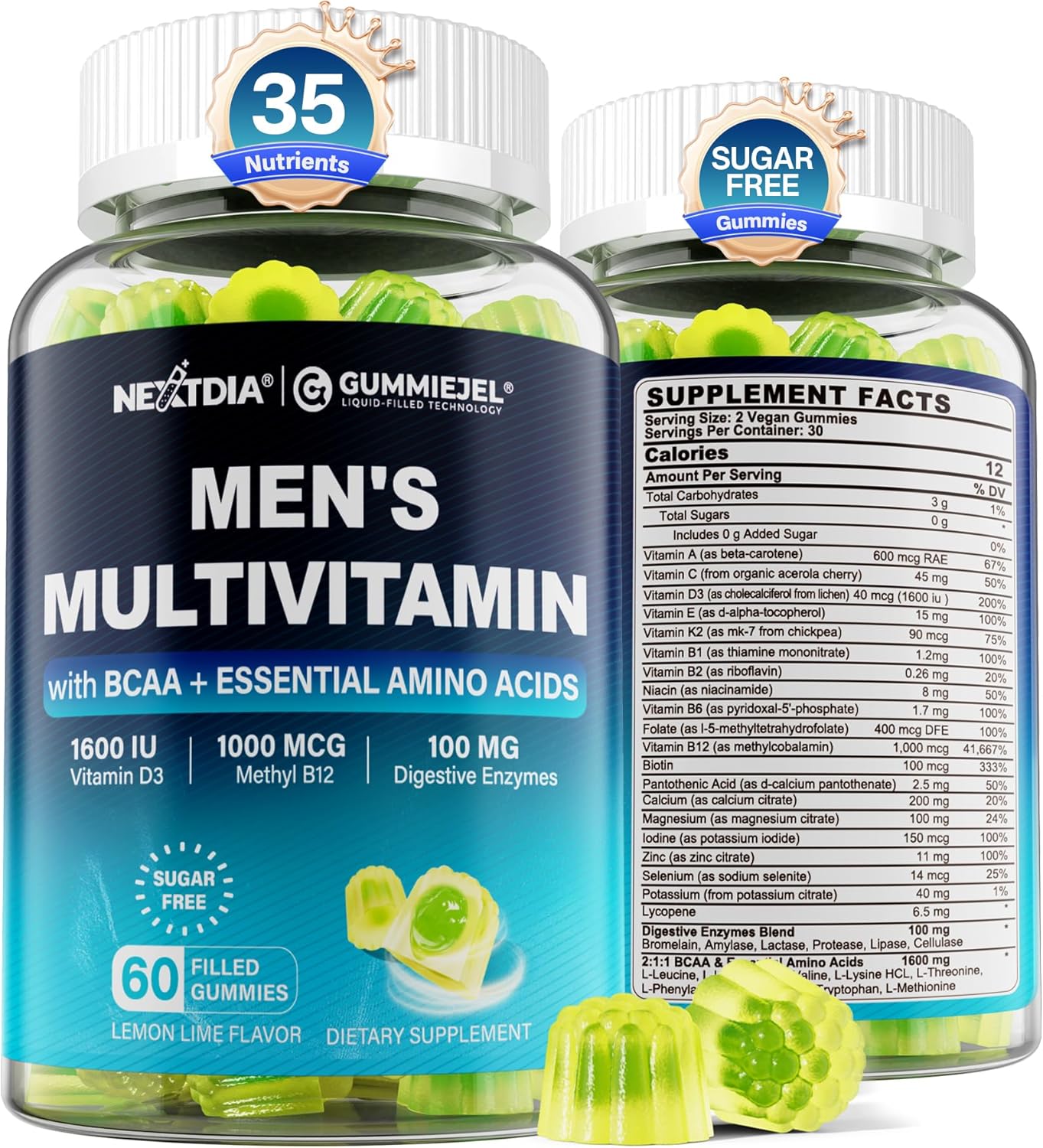Taking care of yourself is essential for a fulfilling and healthy life. Incorporating self-care tips into your routine helps improve both physical and mental well-being, making you more productive and resilient. From maintaining a balanced diet to managing stress effectively, self-care plays a vital role in overall health. Explore these key self-care strategies to enhance your daily life.
Optimized Introduction:
Taking care of yourself is essential for a fulfilling and healthy life. Incorporating self-care tips into your routine helps improve both physical and mental well-being, making you more productive and resilient. From maintaining a balanced diet to managing stress effectively, these self-care tips play a vital role in overall health. Explore these key self-care tips to enhance your daily life.
Optimized Conclusion:
Prioritizing self-care tips is a powerful way to improve your quality of life. By adopting simple yet effective self-care tips, you can reduce stress, boost your mood, and maintain overall well-being. Remember, taking care of yourself isn’t a luxury—it’s a necessity for a happier and healthier life.
Frequently Asked Questions About Self-Care
1. Why is self-care important for our mental health?
Self-care plays a crucial role in mental health because it helps reduce stress, improves mood, and increases our ability to cope with daily challenges. By taking care of yourself, you give yourself the space to recharge and maintain emotional balance, which, in turn, allows you to face challenges with a clearer and calmer mind.
2. What are the benefits of regular exercise in self-care?
Regular exercise has numerous benefits for both the body and mind. It not only helps improve circulation and strengthens the immune system but also reduces stress and improves sleep. Additionally, physical activity releases endorphins, contributing to a better mood and a greater sense of well-being.
3. How can I incorporate self-care habits into a busy daily routine?
Incorporating self-care habits into your daily routine doesn’t have to be complicated. Start with small changes, like dedicating 10-15 minutes a day to meditate, drinking water regularly, or doing light stretches. The key is to establish simple and realistic habits that you can maintain consistently, even on very busy days.

1. Balanced Diet
Maintaining a healthy diet is one of the foundations of self-care. Eating balanced meals not only benefits physical health but also directly impacts your energy and mood. For instance, try to include more fruits, vegetables, and lean proteins in your diet while reducing processed foods.
2. Regular Exercise
Exercise is fundamental for maintaining good mental and physical health. Whether it’s walking, running, doing yoga, or practicing any other activity you enjoy, regular exercise helps reduce stress, improves mood, and promotes better rest. Moreover, it strengthens the heart and improves overall fitness levels.
3. Adequate Rest
Getting enough sleep is crucial for recharging your energy and maintaining proper body and brain function. Be sure to have a consistent sleep schedule and avoid factors that interfere with rest, such as using screens before bed. As a result, you’ll feel more refreshed and ready to face each new day.
4. Stress Management
Stress is an inevitable part of life, but learning how to manage it is key to self-care. Fortunately, you can practice techniques like meditation, deep breathing, or mindfulness to reduce stress levels. Consequently, these practices help improve your emotional well-being and bring greater inner peace.
5. Time for Yourself
Make sure to dedicate time to activities you enjoy. Whether it’s reading a book, doing crafts, watching a movie, or any other relaxing activity, ensuring you have space for yourself in your schedule is crucial for self-care. By doing so, you not only recharge but also boost your creativity and happiness.
6. Healthy Relationships
Positive and supportive relationships are vital for emotional well-being. Surround yourself with people who uplift and support you, as this will help you feel more balanced and connected. Moreover, don’t be afraid to set healthy boundaries in your relationships to protect your well-being.
7. Mental Health Care
Self-care also includes taking care of your mental health. If you feel overwhelmed or need help, don’t hesitate to seek professional support. Speaking with a therapist or counselor can be an important step toward improving your emotional health, especially during challenging times.
Recommended Supplements for Self-Care
Below is a selection of supplements you can incorporate into your self-care routine to improve your physical and mental well-being:
Conclusion
Prioritizing self-care is a powerful way to improve your quality of life. By adopting simple yet effective self-care tips, you can reduce stress, boost your mood, and maintain overall well-being. Remember, taking care of yourself isn’t a luxury—it’s a necessity for a happier and healthier life.










